Navigate Your Finances: Essential Tips for Effective Cash Flow Management
Understanding your cash flow is the linchpin in securing a brighter financial future for both you and your family. It’s not just about how much money we earn, but more importantly, about how we manage that money. By getting a solid grip on where our money comes from and where it goes, we set the stage for more informed decision-making when it comes to our finances. For us, and especially those of us aged between 28 and 45, mastering cash flow management is crucial in not just meeting but exceeding our financial goals.
In our journey towards financial literacy and independence, we not only look at how to enhance our cash reserves but also how to optimise every aspect of our financial life. This includes effective debt management, understanding how and when to invest, and planning for retirement. Each of these components is deeply intertwined with our ability to manage cash flow effectively. Without a healthy cash flow, achieving financial stability becomes a far-fetched reality.
So, how do we start making changes that count? First, we will break down the fundamentals of cash flow and then explore practical strategies to bolster our financial position. Let’s dive into these strategies and reshape our financial destiny with better cash management practices. By doing so, we empower ourselves to build sustainable wealth and ensure long-term financial health.
Understanding Your Cash Flow: The Basics
One of the first steps to financial independence is getting a clear picture of our cash flow. This encompasses understanding how much money is coming in and where it’s being spent. It's not just about observing the outgoings but about analysing them smartly to spot opportunities for better money management. For young families and professionals like us, grasping the basics of cash flow helps us plan our expenses and savings more effectively, ensuring we are not caught off guard by unexpected costs.
We start by tracking all sources of income, not just our main salary but also any supplementary income like bonuses or freelance work. Then, we categorise our expenses, highlighting essential spending versus desires, which helps us identify areas for potential savings. This straightforward approach not only helps in maintain a healthier financial status but also empowers us to make proactive decisions about our money.
Practical Strategies to Boost Your Cash Reserves
Once we understand our cash flow, employing practical strategies to increase our savings is the next crucial step. One effective method is automating savings. Setting up an automated system that transfers a portion of our income straight into a savings account prevents the temptation to spend it. It's out of sight and grows automatically. Moreover, reviewing and adjusting these contributions regularly maximises their potential as our financial situation evolves or improves.
Another strategy involves reducing recurring non-essential expenses. Subscriptions and memberships that aren’t providing enough value should be the first to be reconsidered. Additionally, embracing budget-friendly alternatives for necessary expenses—such as switching service providers for better rates on utilities or insurance—can free up substantial amounts monthly, bolstering our cash reserves significantly. These small changes, while seemingly insignificant individually, can drastically improve our financial landscape over time.
The Role of Debt Management in Cash Flow Optimisation
Effective debt management is crucial for optimising our cash flow and enhancing our financial well-being. By prioritising our debts and developing a strategy to tackle them, we not only free up more money each month but also reduce the financial stress associated with high levels of debt. High-interest debts, such as credit card balances, should be the first focus. Paying these off quicker can significantly decrease the amount of interest paid in the long run, thereby increasing our available cash flow.
However, it’s not just about paying off debt; it’s about smart management of existing debt. This includes negotiating better interest rates with lenders or consolidating multiple debts into a single lower-interest loan. Such strategies can lessen monthly outgoings and provide more breathing room in our budget, which can then be redirected towards savings or investments, further improving our financial health.
Long-Term Financial Planning for Sustained Cash Health
Long-term financial planning is essential to ensure sustained cash health and a stable financial future. This step involves looking beyond day-to-day and monthly finances to set long-term financial goals. Whether it's saving for our children's education, investing in a home, or planning for retirement, each goal requires a tailored strategy that fits with our overall financial situation and risk tolerance.
A key component of successful long-term planning is regular review and adjustment of our financial plans. As our life circumstances change, so too should our financial strategies. By staying proactive and adapting our plans, we can manage life’s uncertainties more effectively and maintain a healthy financial status. Additionally, incorporating elements like investment diversification and tax planning into our financial plans can protect and grow our wealth efficiently. These proactive steps ensure that we’re not only prepared for the future but are also optimising our financial opportunities today.
Conclusion
Managing personal finances effectively demands a comprehensive approach, combining the understanding of cash flow, strategic reserve boosting, diligent debt management, and thoughtful long-term planning. By applying these principles consistently, we can build a robust financial foundation supporting our current needs and ambitions. We are committed to helping you achieve this balance at Thriving Wealth, offering personalised Australian financial advice and strategies tailored to your unique financial situation. Reach out to us today and start your journey towards a financially secure future with confidence. Let’s make your financial goals a reality together.

